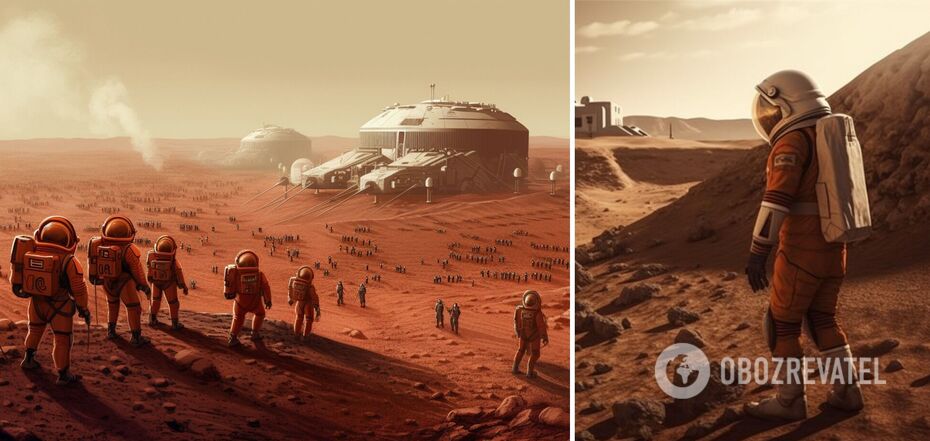Life
An unexpected secret of space colonization has been discovered: the process has existed on Earth for billions of years
Artificial photosynthesis could become a driving force for colonizing the planets of the solar system. A process that has existed naturally on Earth for more than 2.3 billion years could be the key to human survival on alien planets.
Katharina Brinkert, an assistant professor of catalysis at the University of Warwick, wrote about this in an article for The Conversation. She and her colleagues conducted a study that sought to understand how photosynthesis can contribute to humanity's cosmic future. The results of that study are published in the journal Nature Communications.
Brinkert explains that life on Earth owes its existence to photosynthesis, which allows plants and other organisms to harvest sunlight, water and carbon dioxide, turning them into oxygen and energy in the form of sugar.
Although this process is quite natural for the Earth, it turns out to be very rare and valuable outside the Earth.
Scientists have begun researching artificial photosynthesis, which could solve one of the major problems of space travel - the need for oxygen for humans, which cannot simply be loaded into a spacecraft and taken with them on a trip to the Moon or Mars.
Brinkert says the International Space Station produces oxygen by processing carbon dioxide through a process called electrolysis, which uses electricity from the station's solar panels to break down water into hydrogen gas and oxygen that astronauts inhale.
There is also a separate system that converts the carbon dioxide the astronauts exhale into water and methane.
But both technologies are unreliable, heavy and difficult to maintain. So scientists are trying to find something more suitable. So the idea arose to collect solar energy (of which there is plenty in space) and directly use it to produce oxygen and process carbon dioxide in one device. The second component in the process would be water.
Such technology, according to the scientist, will not only be more efficient than existing ones, but will also have less weight, which is extremely important for distant space travel, when fuel is worth its weight in gold.
To capture sunlight, scientists intend to use semiconductor materials on which simple metal catalysts can be applied that support the desired chemical reaction.
Analysis by scientists has shown that such a device could complement existing life-support technologies, such as the oxygen generator used on the ISS.
Brinkert notes that people already know that on the Moon oxygen could be obtained directly from lunar soil (regolith). But the problem is that this would require high temperatures, whereas a device that would work on the idea of photosynthesis would only require room temperature and be able to function at the pressures that exist on Mars and the Moon. Therefore, it could be used directly at home.
As for the water that is used in the process, scientists believe that ice, which is assumed to exist in the Shackleton lunar crater, where the landing is planned for future lunar missions, could be used.
Scientists' calculations also showed that their technology could work on Mars, even though the intensity of light on the red planet is weaker than on Earth.
On Mars, the atmosphere is almost 96 percent carbon dioxide, so, as Brinkert notes, the red planet has a near-perfect environment for artificial photosynthesis.
In addition, photosynthesis systems would make it possible to create artificial atmospheres in space and produce chemicals needed for long-term missions, such as fertilizers, polymers or pharmaceuticals.
Researchers also believe artificial photosynthesis could help solve the problem of "green" energy on Earth, since it could be used to produce hydrogen or carbon-based fuels (instead of sugar).
Earlier OBOZREVATEL also published a prediction of scientists about when people will be able to colonize Mars and other planets.
Subscribe to OBOZREVATEL channels in Telegram and Viber to keep up with the latest developments.



























